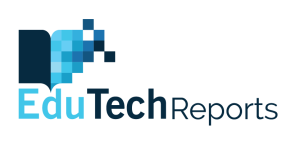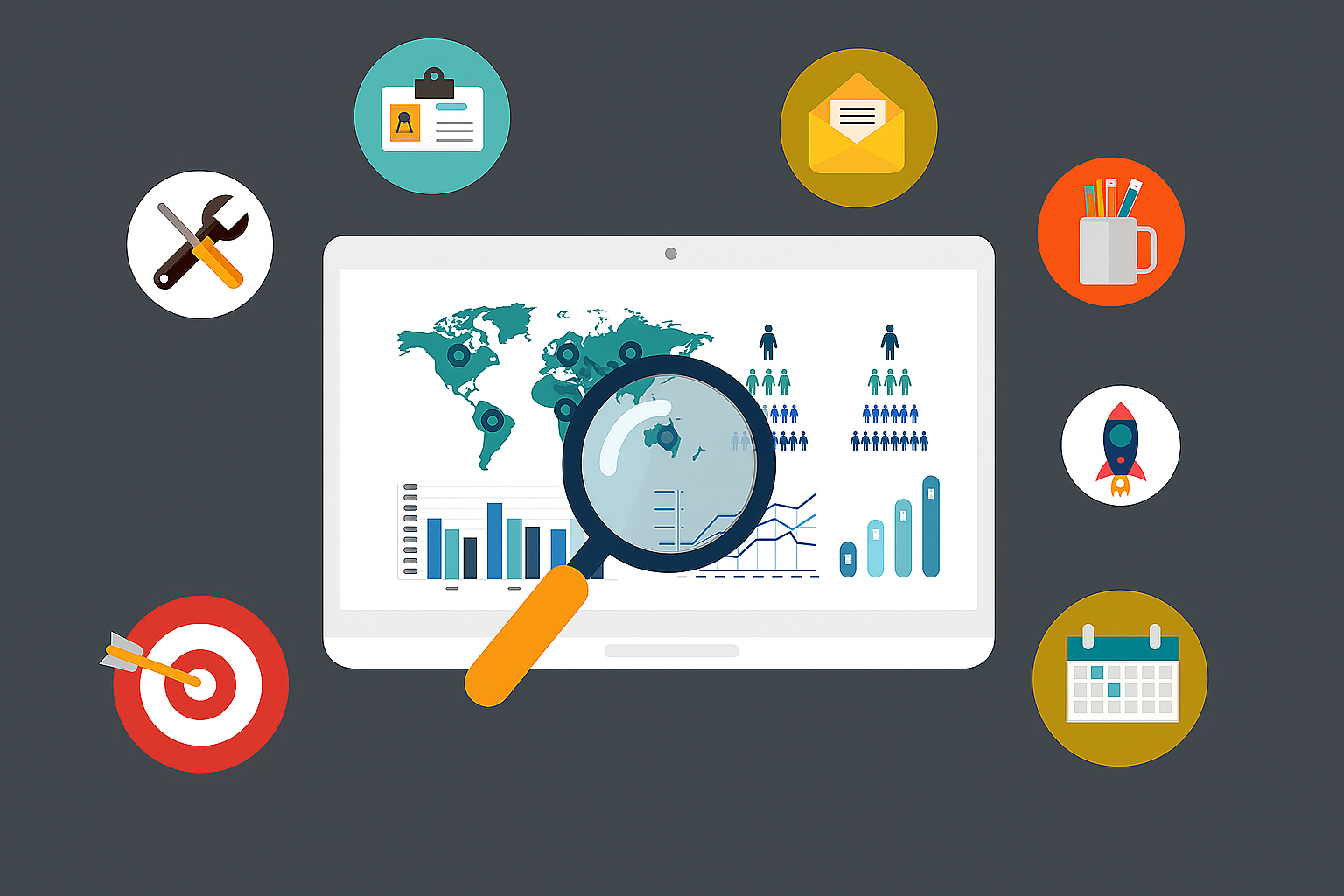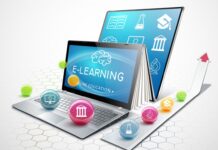Data analytics is playing an important role in reshaping how students learn and how educators teach. With the rise of personalized education, institutions are leveraging data to create customized learning experiences that cater to individual student needs. This transformation is not just a trend—it’s a strategic shift powered by technology and evidence-based insights.
What is Data Analytics in Education?
Data analytics in education involves collecting, processing, and analyzing student data to uncover patterns and insights that drive better learning outcomes. These insights enable educators to understand student performance, predict academic risks, and design tailored learning paths. From attendance records and test scores to behavioral patterns and engagement levels, every data point can contribute to a more personalized learning experience.
Personalization Through Data
The traditional one-size-fits-all approach to education often overlooks individual learning styles and paces. With data-driven personalization, educators can adapt content, pace, and teaching methods based on each learner’s unique profile.
For example:
- Real-time dashboards help teachers identify struggling students early.
- Predictive analytics can forecast future performance and suggest interventions.
- Learning management systems (LMS) use data to recommend resources based on past performance and preferences.
These strategies create a more inclusive and effective learning environment where every student has the opportunity to succeed.
Enhancing Student Engagement and Retention
One of the most significant benefits of data analytics is its ability to boost student engagement. By analyzing interaction data, such as logins, time spent on tasks, and forum activity, educators can identify disengaged learners and re-engage them through targeted communication or alternative teaching approaches.
Moreover, adaptive learning platforms powered by data adjust content dynamically based on a student’s progress. This not only helps in maintaining interest but also improves student retention and satisfaction.
Improving Teacher Effectiveness
Educators benefit greatly from data analytics as it provides actionable insights into teaching effectiveness. By reviewing analytics from quizzes, assignments, and feedback tools, teachers can evaluate which methods work best and which topics need reinforcement. This enables continuous improvement in instructional strategies.
Furthermore, professional development programs can be personalized for teachers using data on their classroom performance and student outcomes, ensuring targeted skill enhancement.
Challenges and Considerations
While the advantages are clear, implementing data analytics in education comes with its own challenges:
- Data privacy and security: Protecting student information must be a top priority.
- Data literacy: Teachers and administrators need proper training to interpret and use data effectively.
- Integration: Seamless integration of data systems is essential for accurate and meaningful analysis.
Institutions must invest in secure, interoperable systems and upskill their staff to fully leverage the power of data analytics.
The Future of Personalized Education
The future of education lies in adaptive, data-driven learning environments that continuously evolve based on student needs. With the integration of artificial intelligence, machine learning, and advanced analytics, we are moving toward classrooms that are not only smart but also empathetic.
Data analytics will continue to be the foundation of this transformation, ensuring that learning is no longer linear but personalized, engaging, and effective.
Conclusion
Data analytics is revolutionizing the education sector by turning information into action. From enhancing student engagement to refining teaching strategies and enabling personalized learning, its role is indispensable in modern education. As technology advances, so will the capabilities of educators and institutions to harness data for better educational outcomes.
Embracing data analytics today means preparing for a smarter, more inclusive tomorrow.
I hope you find the above content helpful. For more such informative content, please visit EduTechReports.











